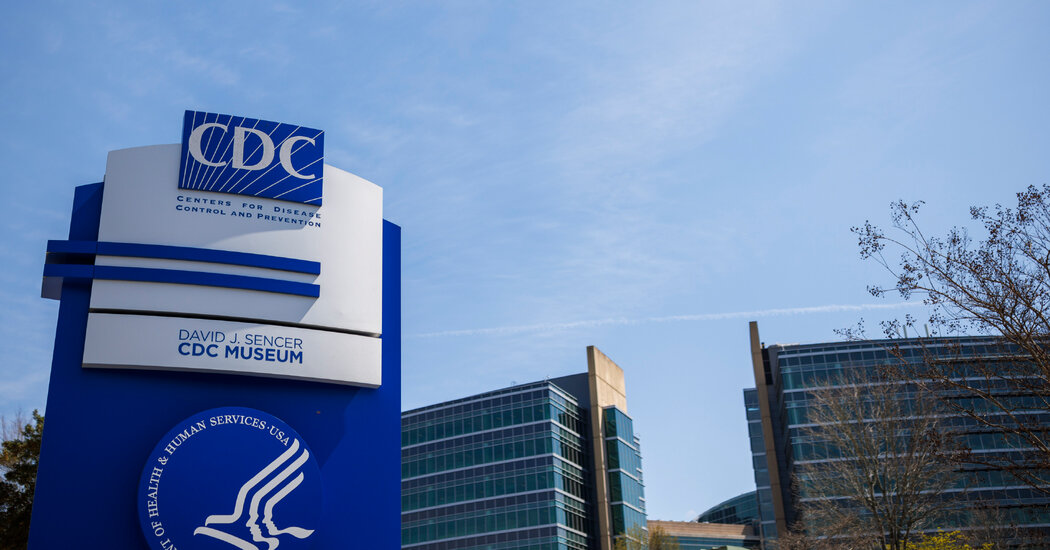5 hours agoShareSaveKen Banks and Ben PhilipBBC Scotland, AberdeenShareSaveBBCMarlene Lowe has lived with chronic pain for more than a decade but believes a “ground-breaking discovery” by researchers may offer her and millions of fellow sufferers new hope.Marlene, 35, is among the estimated one-in-five people in Scotland living with chronic pain, with standard painkillers often seen as ineffective.Researchers at the University of Aberdeen now say they have found chronic pain is physiologically different from other types of pain – which could help find the best way to treat it.Marlene, who lives in Aberdeen, described the findings as “amazing”, as she said it validated an illness that many people did not understand, and offered hope for the future.The research team said they identified that chronic pain is processed differently in the nervous system from the pain that comes from an injury or over-exertion.They said the separate “physiological pathway” for this chronic type of pain meant it could now be a target for future therapies.Marlene, who works in marketing, lives with her partner Mark and their springer spaniels Spock and Cheese.She says her pain began in her early 20s, when she began feeling sick “all the time” and could not work out what was wrong.”So for the next two years I kept getting sick, my life was kind of taken away, and then I was finally diagnosed with chronic fatigue syndrome (CFS), which was a relief, but not great when you also get told there’s nothing we can do about it,” she said.”About five years ago, the pain was getting worse, I got a new GP, and said ‘I need help’, and was diagnosed with fibromyalgia. Fibromyalgia is a neurological condition that basically targets the nerve endings, so what feels like a light brush (to the hand) might be agonising.”Describing the day-to-day impact, Marlene said she even had to cut clothes tags off.”Even light brushes becomes like someone is stabbing me, over and over and over again, in the same place,” she said.Marlene said she takes antihistamines every single day, not because she hay fever but if she does not then her palms start itching, and the itchiness can then crawl up her arms and down her body.”It literally feels like you’ve got ants crawling constantly underneath your skin,” she told BBC Scotland News.”You can scratch it but a couple of minutes later it’s back. Then there’s the muscular pain. If you can imagine what it’s like when you’ve done really hard exercise, that from just standing cooking, or walking up the stairs.”I have tried painkillers – and they’ve never worked.”You start to feel invisible, because you don’t look like you’re sick. You start distrusting your own body, and thinking it must just all be in my head, which is so damaging mentally, as you’re trying to stay on top of life, work, relationships, and have this pain constantly eating away.”She said it had forced her to re-think her plans for her life.Dr Guy Bewick, senior lecturer in Neurosciences at the University of Aberdeen, said not all pain could be treated in the same way, and medicine could be ineffective for chronic pain.”The stinging pain from sharp objects and surgery can usually be treated effectively with common painkillers, but chronic pain often cannot,” he said.”New treatments require an identifiably different drug target. This study has found that target. ”He said the team discovered that a molecule called glutamate is released in muscles to activate an unusual receptor.They found that the release of too much glutamate activated pain nerves nearby, making them permanently active, and not switching off as they normally would. Blocking the glutamate receptor would stop the chronic pain being triggered.Dr Bewick said: “This discovery means scientists can now start to develop new treatments specifically targeting this new pain pathway which does not respond to standard painkillers.”This has the potential to help the many people whose pain is currently inadequately treated.”What is chronic pain?Persistent pain that lasts more than three months, despite medication or other forms of treatmentSecondary chronic pain is a pain which tends to be caused by another condition, for example, arthritis, endometriosis, cancer painPrimary chronic pain is a condition in its own right – there is no known condition other than the pain itself – this can include conditions such as fibromyalgia or complex regional pain syndromeChronic pain is often confused with acute pain – a short-term pain such as a broken bone or a torn muscleMarlene hopes the research might one day mean “just trying to get through 24 hours” is no longer on daily repeat.”I wanted to save the world, work with animals, orphanages, be moving all the time,” she said. “But realising I couldn’t even manage a desk job without getting sick really hit me mentally. I have had to completely re-evaluate how I live, how I fit in the world.”It’s not mind over matter, otherwise we’d be able to fix it. It’s so hard to explain it to people. I am choosing to live, I’m choosing not to let the pain win. For bad days, it’s using a walking stick if I need to. Mostly it’s keeping a sunny disposition.”Could there be a pain-free future?She said the research offered light at the end of the tunnel, as well as an understanding of the condition.”I know that there’s nothing that can be done right now to help the pain, and at the moment it’s showing how they can stop the pain from happening in the first place,” Marlene explained.”The biggest thing is that it’s validating. It’s saying the pain is there, it does exist, you’re not crazy. It’s OK if you don’t understand the pain that someone is going through, but dismissing it is not OK.”She added: “I am delighted to see that there is more work being done to try to understand and treat chronic pain conditions.”It gives me hope for a pain-free future.”
Read more →








